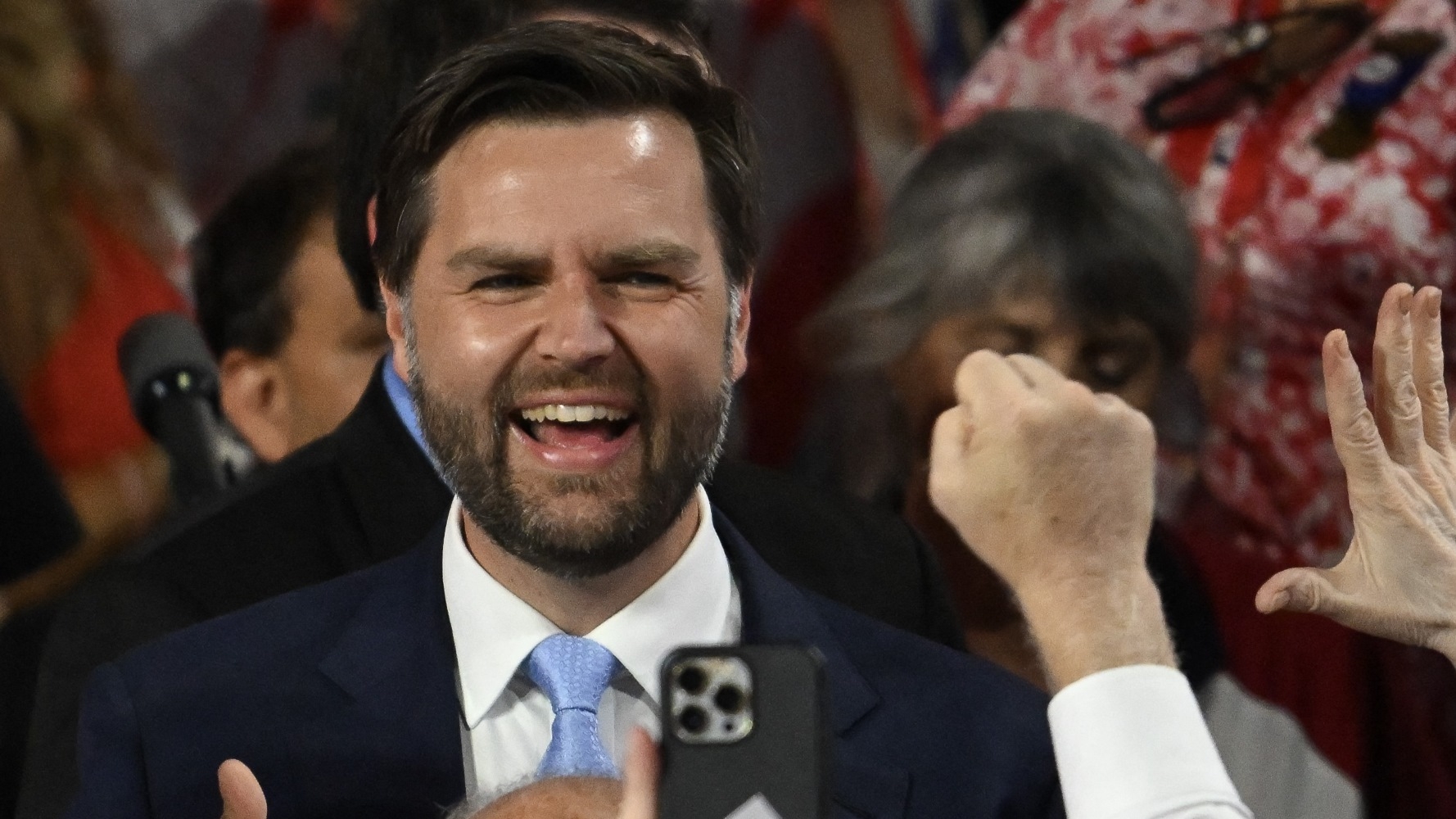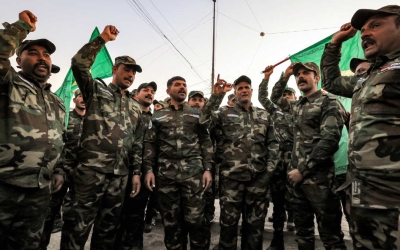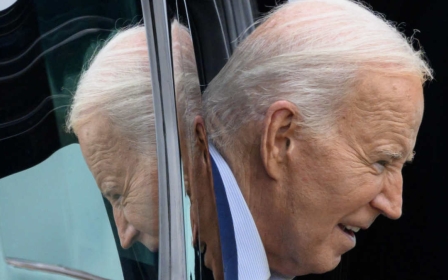JD Vance vows to deepen support for Israel, slams Biden's approach to Iran

Ohio Senator JD Vance says US President Joe Biden’s policies are prolonging the Gaza war, saying that a lack of US support for Israel was the reason fighting in the besieged enclave has not ended.
In a wide-ranging interview with Fox News, Donald Trump’s vice presidential running mate provided what may be the clearest explanation yet of how the former president’s America First foreign policy would apply to Israel’s war on Gaza.
“Joe Biden has done nothing to help our ally Israel. Joe Biden has made it harder and harder for Israel to win that war. He has prolonged the war to take out Hamas,” Vance told Fox News, reiterating a view that has been expressed within Israel that the Biden administration is micromanaging Israel’s offensive, preventing it from attacking the Gaza Strip more forcefully.
Israel has conducted widespread bombing across the enclave and has killed at least 38,664 Palestinians in its response to Hamas’s 7 October attack on southern Israel, according to the Palestinian health ministry.
The Biden administration criticised Israel’s bombardment of civilians but only restricted two shipments of bombs to Israel. In July the US said it resumed shipping 500-pound bombs to Israel yet will maintain its pause on 2,000-pound bomb shipments.
New MEE newsletter: Jerusalem Dispatch
Sign up to get the latest insights and analysis on Israel-Palestine, alongside Turkey Unpacked and other MEE newsletters
Vance did not detail what new support the Trump administration would provide Israel to “win the war”, but laid out his vision for the Middle East post-Gaza war, which includes advancing the Abraham Accords.
“You want two things to happen,” Vance said. “Number one is, you want to get this war over and as quickly as possible because the longer it goes on the harder [Israel’s] situation becomes.
“But second, after the war, you want to reinvigorate that peace process between Israel, Saudi Arabia, the Jordanians and so forth,” he said.
'You punch and you punch hard'
Vance said the US would look to strengthen alliances between the“Israelis and the Sunni Arab states” to “form a united front against Iran”.
Vance’s remarks suggest that Middle East watchers can expect continuity between Trump’s approach to the Middle East from his 2017-2021 term in office and a potential return if he wins the November election.
While in office Trump pursued a hawkish foreign policy against Iran, ramping up sanctions enforcement against the Islamic Republic, killing senior Revolutionary Guard commanders such as Qassem Soleimani and targeting Iran’s self-described "Axis of Resistance". Hamas is an Islamist Sunni movement but has deepened cooperation with Iran’s mainly Shia proxies, particularly Lebanese Hezbollah.
One of Trump’s top foreign policy achievements in the region was the 2020 Abraham Accords, which normalised ties between Israel, Morocco, the UAE, and Bahrain. The Sunni Gulf monarchies are believed to have moved closer to Israel, in part out of concerns about Iran’s influence in the region. Vance articulated how a future Trump administration would double down on the accords.
“The Abraham Accords… showed real promise of uniting the Israelis with some of the Sunni Arab states,” he said. “You’ve… got to enable the Israelis and the Sunni Arab states to work together and actually provide a counterbalance to Iran.”
However, the normalisation agreements were met with outrage by both Palestinians and many in the larger Arab and Muslim world and supporters of Palestine.
Vance also took aim at the Biden administration’s strikes against the Houthis in Yemen and Iranian proxies in Iraq, suggesting they were “weak little bombing runs”.
“The most important part of the Trump doctrine of foreign policy is you don’t commit America’s troops unless you really have to, but when you do, you punch and you punch hard,” he said.
Vance reiterated strong support for Israel, which he said “didn’t have a better friend than Donald Trump.”
Middle East Eye delivers independent and unrivalled coverage and analysis of the Middle East, North Africa and beyond. To learn more about republishing this content and the associated fees, please fill out this form. More about MEE can be found here.





